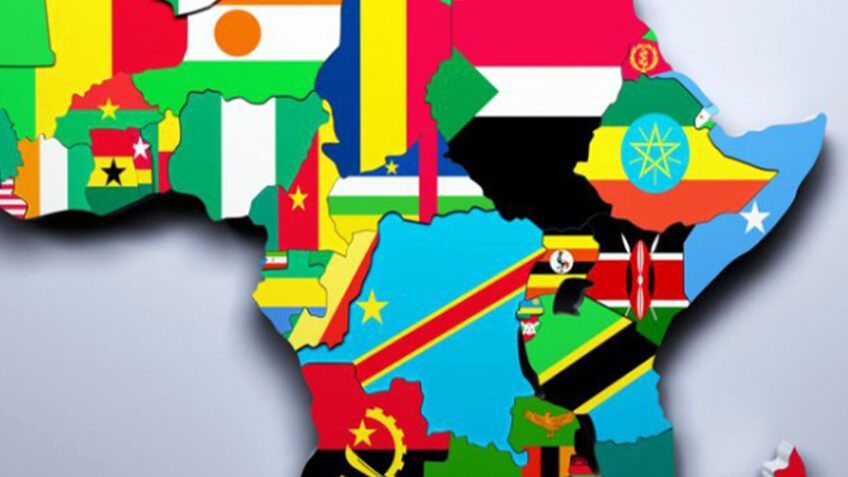After a lot of grandstanding, Nigeria on 7th July 2019 appended her signature and engendered the coming into force of the African Continental Free Trade Area Agreement (‘AfCFTA’), which had earlier been ratified by 22 (twenty-two) African Union (AU) member States on 30th May 2019. AfCFTA is one of the bold and ambitious initiatives that seek to unbundle the economic potential of African countries by eliminating tariffs and non-tariff barriers (e.g. permits, licenses, burdensome customs procedures etc.) to intra-African trade, facilitate free movement of persons and investments, create a more competitive, yet sustainable environment for cross-border trade and progressively liberalise trade in services.
The AfCFTA Agreement establishes a single continental market, of 1.2 billion people with a cumulative GDP of over $2.5 trillion across 55 member States of the AU, for the free movement of goods and services within the African continent. Prior to the establishment of the AfCFTA, businesses faced higher tariffs, with an average tariff of 6.1%, when they export within Africa than when they export outside it.
Notwithstanding its fanciful objectives, the overarching question is the possible implications of AfCFTA on the Nigerian economy and businesses, all of which shall be considered in this article.




